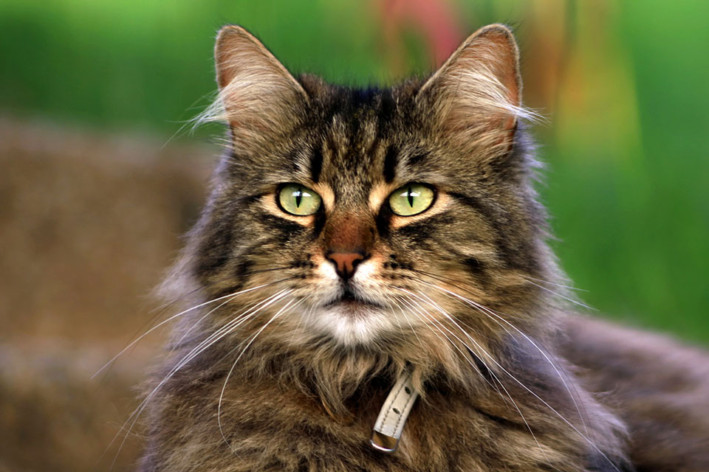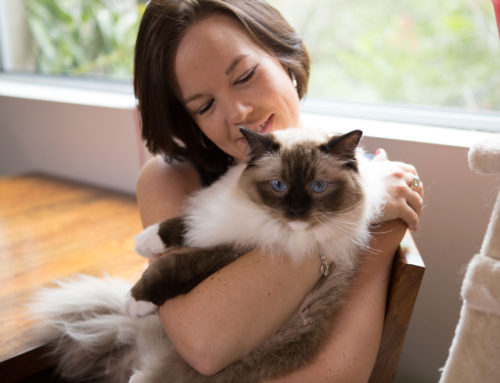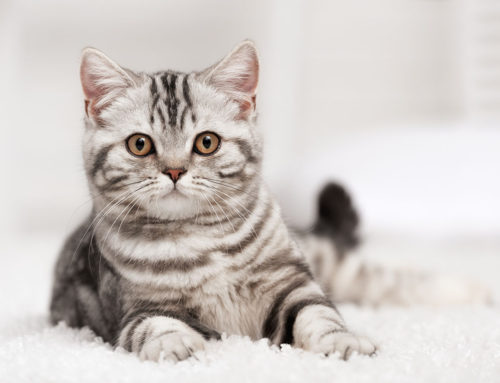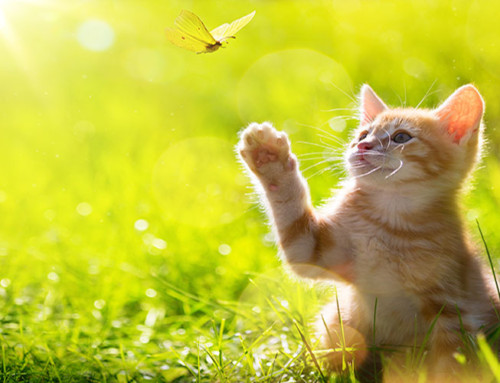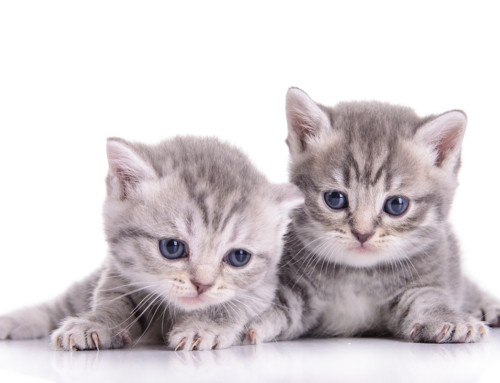Cats are creatures of habit, and find comfort in routine and continuity. When a cat’s comfort zone is interrupted, it can have quite a big effect on his or her overall wellbeing, causing stress and anxiety. Stress again can cause behavioural problems in cats.
Remember: cats, just like us humans, have different responses to what happens around them. Where one cat will be quite affected by something and show one or more of the below symptoms, another cat may not show any. According to International Cat Care, this is a result of both environmental and genetic factors.
If you notice your cat developing any of the below behaviours, think about whether there has a recent change in the household could have had this effect. Here are some changes that you may not realise cause cats to feel stressed:
- A new schedule
- A new pet or family member
- Visitors in the home
- An owner not being around as much
- A new brand of food
- A different feeding time
- Loudness, caused by construction work, TV or music
- A dirty litter box
- New furniture
…Yes, contrary to what people think, cats can be quite sensitive!
Here are some common behavioural issues that stress can cause:
Aggression
Aggression is a response to anxiety or fear. If your cat is usually friendly to you and other animals, then starts to show aggressive behaviour like hissing or scratching, it could be a sign that something is not quite right.
Loss of appetite
Just like humans, if a cat is feeling stressed or anxious, it can impact her eating patterns. If your cat isn’t eating as well as she used to, this may not be a physical problem, but an emotional one.
Attention seeking
Changes in the way your cat communicates with you may indicate that he isn’t mentally stable. If your cat starts meowing a lot, coming and sitting right in front of you or on top of you and just demanding your attention more than usual, he may very well be trying to tell you something.
Compulsive grooming
Cats don’t just lick themselves to keep clean. The way they groom themselves also has a comforting or soothing effect, especially in times where they feel discomfort or fear. That’s why if you do suspect your cat is licking himself too much, it may be a sign that she’s really stressed out. Check her skin. If she has patches where the skin is raw or balding, it could be a sign of obsessive grooming.
Hiding away
Cats tend to be quite independent. However, if you do notice your cat suddenly acting standoffish, when he is usually quite friendly to other people and animals, it could indicate that he is feeling unsettled.
Missing the litter box
If your cat is fully litter-trained but stops using the litter box sometimes or altogether, this may be a sign that she is not feeling herself. Check the litter box, ensuring that it is clean and in a comfortable location for them to go.
Sleeping too much
According to WebMD, depression or stress can make your cat feel incredibly lethargic, causing her to sleep more than usual to compensate.
Spraying urine
If your cat is spraying urine onto vertical surfaces like walls or furniture, this is probably no accident. It’s unlikely that he has forget to use the litter box, but is actually marking his territory and leaving behind scent messages for other cats. This behaviour is common, usually happening when a male cat is between six and twelve months old and reaches full sexual maturity, but it can also be triggered in times of stress.
What should I do?
If your cat is showing signs of any of these behaviours, contact a vet or cat behavioural expert for advice. These symptoms can also be linked to potentially dangerous health conditions and should never be overlooked.


